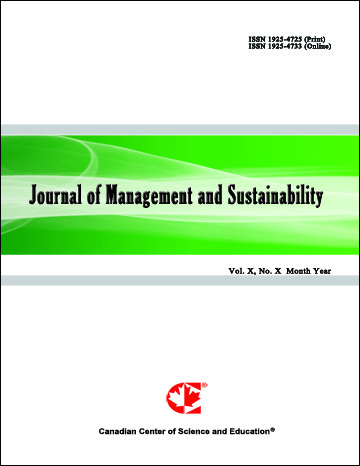Environmental Issues in City Logistics: The Case of Low Emission Zones in Europe
- Gilles Paché
- Christian Morel
Abstract
The energy transition can be defined as all the transformations of the system of production, distribution and consumption of energy carried out in a territory in order to make it more ecological. The aim is to reduce the environmental impact of an energy system. Inseparable from sustainable development, the energy transition contributes to the fight against global warming, through the implementation of changes based on innovative technologies, but also and above all on new political orientations. The paper focuses in particular on city logistics in Europe as an illustration of energy transition, showing that strategic interactions between city logistics stakeholders are at the heart of new practices, particularly in the implementation of low emission zones (LEZs). A case study was conducted with a large French metropolitan area, which is at the forefront of sustainable city logistics. This case study is based on an analysis of official documents written as part of the implementation of the LEZ. Using a conceptual framework drawn from the SCP paradigm, which is at the origin of the industrial organization’s stream, the results indicate that the success of environmental city logistics strategies depends effectively on interactions between several public and private stakeholders, and not only on virtuous managerial practices from companies.
- Full Text:
 PDF
PDF
- DOI:10.5539/jms.v11n1p88
Journal Metrics
Google-based Impact Factor (2021): 1.54
h-index (July 2022): 37
i10-index (July 2022): 147
h5-index (2017-2021): 12
h5-median (2017-2021): 19
Index
- Academic Journals Database
- ANVUR (Italian National Agency for the Evaluation of Universities and Research Institutes)
- CAB Abstracts
- CNKI Scholar
- EconBiz
- Excellence in Research for Australia (ERA)
- GETIT@YALE (Yale University Library)
- Harvard Library
- HeinOnline
- Infotrieve
- JournalTOCs
- LOCKSS
- MIAR
- PKP Open Archives Harvester
- RePEc
- Scilit
- SHERPA/RoMEO
- Stanford Libraries
- UCR Library
Contact
- Evelyn XiaoEditorial Assistant
- jms@ccsenet.org
